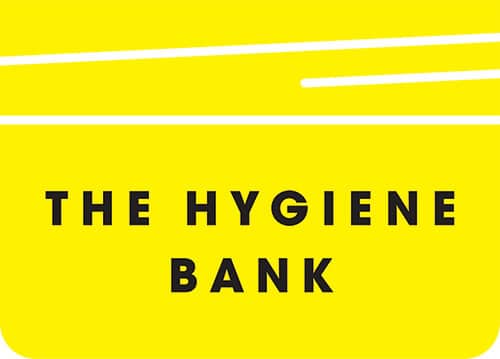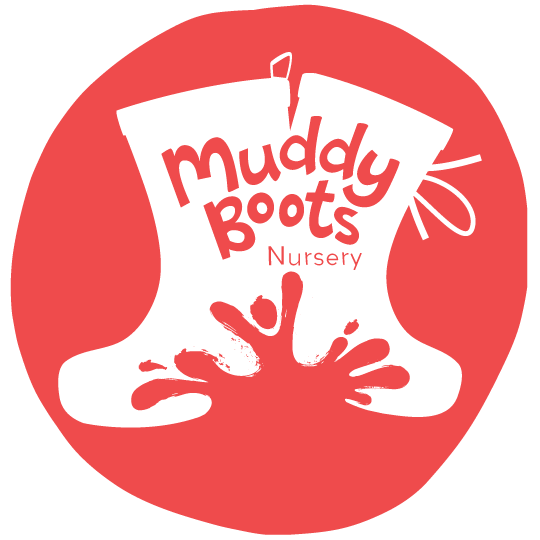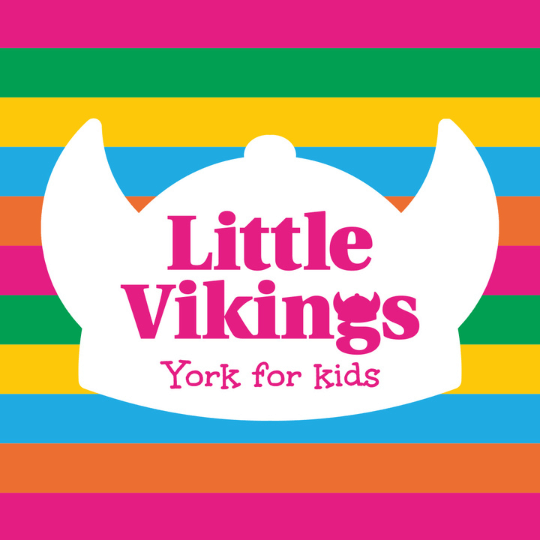A Guide To Extractions On The NHS: Part 2
When it comes to dentistry, there are lots of options available to you – for instance, cosmetic, restorative and general treatments. Here in York, we offer services as both a private dentist and an NHS dentist, giving you ultimate flexibility over your care. This is the second post on the subject of extractions with an NHS dentist – don’t forget to read part 1 too!
How can I prevent the need for extractions?
Lots of factors can influence the reasons behind an extraction. For instance, if you’ve had poor oral health, you might have developed cavities which require the tooth needing to be pulled. Our NHS dentists work hard to save the tooth where possible because missing teeth can hurt the underlying bone. Some positive changes you can make, which may improve your oral health and prevent the need for extractions, include:
– Avoid sugary, acidic foods in your diet, which can attack and weaken tooth enamel.
– Brushing twice a day for two minutes, and using dental floss.
– Regular check-ups with your NHS dentist, to keep an eye on the health of your smile.
– Protecting your smile for sports activities by using a mouthguard.
What alternatives are there to extractions?
There may be cases where your NHS dentist can save your tooth, but it depends on the situation and if your tooth is damaged, the extent of this damage. Here are some common scenarios:
– If you have cavities, it may be possible to have a filling.
– If a tooth is cracked or chipped, a crown or composite bonding might be an option.
– If an infection has set in, a root canal and filling might be recommended.
You will always be fully informed about the options available to you and your NHS dentist will work with you to improve the health and condition of your smile wherever possible.
I’m fearful of the dentist. What can I do?
As an NHS dentist with years of experience, we’re well-versed in caring for the most anxious and fearful of patients, as well as patients of all ages and from all walks of life. We can help you relax during treatment through:
– Explaining all elements of your treatment in advance, including any risks or side effects.
– Talking through the procedure as it happens, if desired.
– We are also highly adept at putting younger patients at ease – many of us have children ourselves.
Do I need to follow any aftercare for extractions?
Yes, and your NHS dentist will go through this with you. However, a brief guide includes:
– Brushing carefully, especially around the tooth socket.
– Avoiding smoking, which inhibits healing.
– Using a cold compress to ease swelling.
– Eating soft foods until the pain wears off.
– Rinsing with salt water for a few days to clean the mouth and ease any pain.
– Taking over-the-counter painkillers, if needed.
If pain, swelling, bleeding or bruising continues or worsens, or you develop a temperature, get in touch with your NHS dentist as soon as possible, as this could indicate infection.
Book in for an extraction
Book in with our NHS dentists here in York via our contact page, and be sure to read part 2 of our post on this topic.








